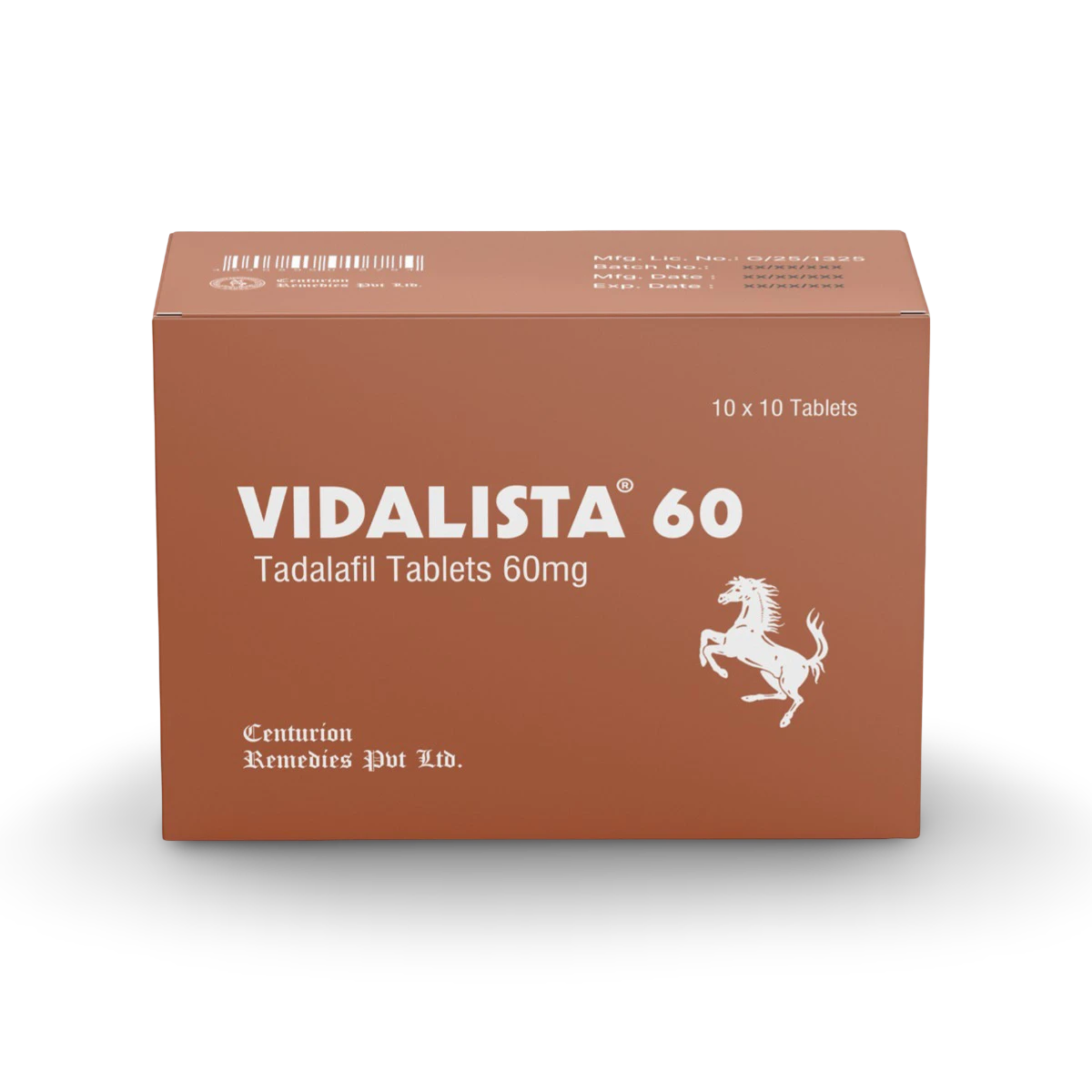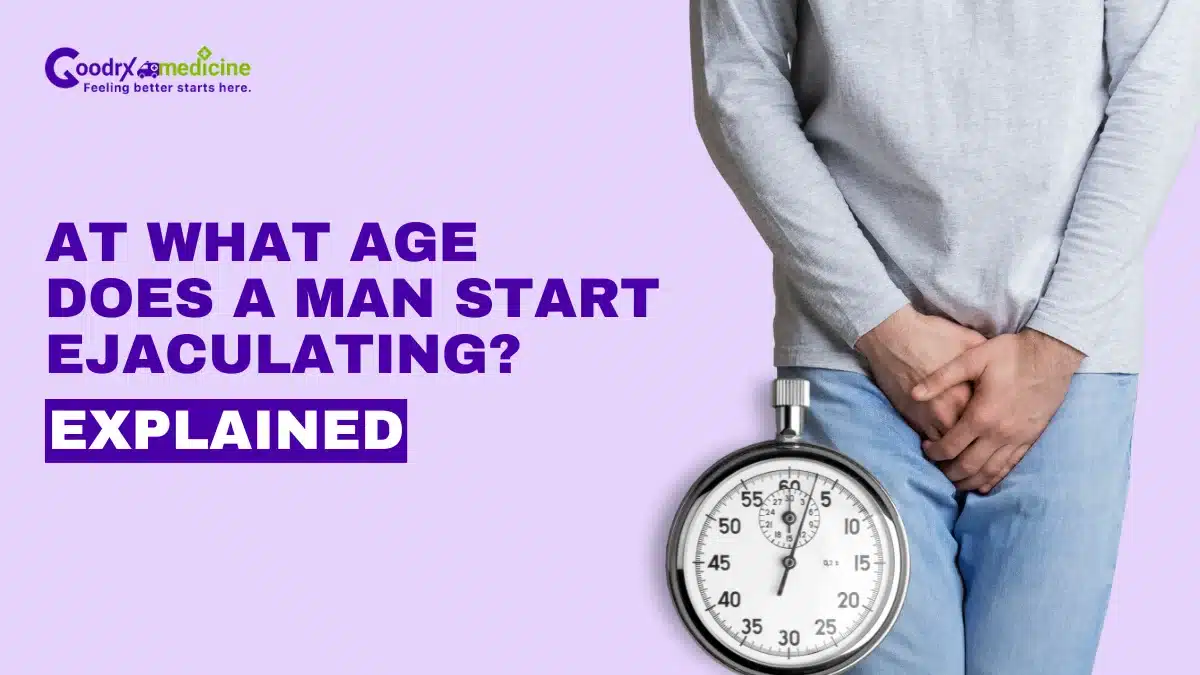The first ejaculation is a significant milestone in the male sexual maturation process. This event, also known as Spermarche, marks the body’s shift to reproductive ability. But at what age does this occur, and how does it affect growing boys?
While the actual age varies greatly depending on genetic, environmental, and cultural variables, understanding at what age does a man start ejaculating may help clarify a normal aspect of growth, relieve fears, and promote healthy conversations about sexual health.
In this article, we’ll explore the typical age range, the biological processes behind it, and what to expect during this important phase of adolescence.
At what age does a man start ejaculating?
Ejaculation is the discharge of semen (a fluid containing sperm) through the penis, which occurs most commonly during orgasm. This process is controlled by the body’s reproductive and neurological systems and is essential for male fertility.
Male ejaculation is intimately related to puberty, a significant developmental stage characterized by physical, hormonal, and emotional changes. As per an article published by the Journal of Sex Research in 2018, the normal age of a male’s first ejaculation or Spermarche is 13 to 14 years. However, this can occur as early as age 12 and as late as age 15.
Save up to 90% on your medicine bills

Cenforce 100 mg

Cenforce 200 mg

Kamagra Oral Jelly Rx 100 mg

Vidalista 60 mg
How does the first ejaculation occur?
Frequent spontaneous erections, growth of pubic hair, and noticeable enlargement of the testicles and penis signal the starting of ejaculation. However, the timing of first ejaculation differs among individuals.
For most individuals, the first ejaculation occurs spontaneously during sleep, sometimes known as a “wet dream” or Nocturnal Emission. These can happen whether or not you have a sexual dream.
Masturbation may be the first time some people experience ejaculation. During puberty, males’ sexual awareness and interest develop, and self-stimulation can result in orgasm and ejaculation.
What factors affect the onset of ejaculation?
While most males start ejaculating between the ages of 13 and 14, their precise age varies greatly depending on many factors. This includes genetics, hormonal changes, overall health, physical activity, and psychological factors.
Let’s further look into these factors.
1. Genetics
Family history plays a major role in the onset of ejaculation. Boys often follow similar developmental timelines as their biological fathers or brothers. If a father experienced early or late puberty, his son might too.
2. Hormonal changes
Testosterone is the main sex hormone required for the development of male sexual traits and the start of ejaculation. A significant rise in Testosterone levels during adolescence is the primary trigger for the maturity of the reproductive organs and the initiation of sperm production, allowing ejaculation.
Variations in hormone production or sensitivity might cause the timing to be pushed forward or back.
3. Nutrition and overall health
A good diet promotes healthy growth and puberty. Malnutrition or major weight concerns (either underweight or obese) might cause puberty and ejaculation to occur later. Chronic diseases, including hormonal disorders like low Testosterone levels (Hypogonadism) or genetic conditions like Klinefelter Syndrome, can also delay the onset of puberty and ejaculation.
4. Physical activity
Overall, moderate exercise supports healthy growth. However, extreme physical training (particularly in sports like gymnastics, swimming, or distance running) can potentially postpone adolescence and, hence, ejaculation by altering hormone levels.
5. Psychological factors
Mental health and emotional well-being are crucial factors in physical growth. Stress, Anxiety, and psychological trauma can all influence hormone control, potentially leading to Delayed Ejaculation.
What to expect?
The first ejaculation is a major milestone in a boy’s development, but because it’s a new experience, it can sometimes be surprising, confusing, or even a little overwhelming. However, the first ejaculation is a normal and healthy aspect of male sexual development. There is no need for anxiety or embarrassment.
It’s important for young males to have access to correct information about puberty and these changes, frequently through parents, schools, or healthcare practitioners.

Is late ejaculation a concern?
Delayed puberty occurs when a male does not show indicators of puberty (no testicular enlargement, pubic hair, or height development) by age 14. If puberty symptoms have begun but ejaculation has not yet happened, there is usually no cause for worry unless other uncommon symptoms accompany them.
In most situations, late ejaculation resolves on its own. However, if parents or teenagers are concerned about delayed sexual development, they should speak with a doctor or an endocrinologist for further assistance.
Conclusion
The start of ejaculation in males is a sign of puberty, which usually occurs in the early to mid-teen years and is triggered by a complex interaction of hormonal changes and physical maturity. While the average age is around 13-14, individual timelines might vary greatly depending on genetics, health, and psychological variables.
Understanding at what age does a man start ejaculating and the natural developmental process behind it helps normalize adolescent experiences and recognize the significant biological changes that occur throughout the transition to adulthood. However, for any concerns, it is advisable to contact a certified healthcare expert for specific guidance.
Frequently Asked Questions
Do men stop ejaculating as they get older?
No. Men usually do not stop ejaculating as they get older, although it may become less often, slower, or weaker due to reduced testosterone levels, aged tissues, or medical disorders. Healthy practices can frequently help to improve sexual function.
Can medications impact when ejaculation occurs?
Yes. Certain medications, especially those that affect hormones or the brain, might postpone ejaculation. If a child is on long-term medicine and hasn’t started ejaculating by the mid-teens, consulting a healthcare provider is essential for tailored advice.
Can the first ejaculation occur without a full erection?
No. Minor ejaculation without a complete erection is rare in the early stages of puberty. Erections usually accompany ejaculation because both processes are associated with sexual desire and preparedness.
Can boys ejaculate without sperm at first?
Yes, early ejaculation may not include sperm since complete sperm production (spermatogenesis) takes longer after puberty begins. Initially, the fluid may consist mainly of prostate secretions and other glandular fluids.
Does the timing of first ejaculation correlate with adult penis size?
No, the timing of a boy’s first ejaculation does not predict or connect with his eventual penis size. Penis development is mainly determined by genetics and hormones, and it continues to expand throughout puberty regardless of when ejaculation happens.
When referencing outside resources, GoodrxMedicine always provides full citations. To learn more about the measures we use to maintain the quality of our content, please review our Content Information Policy.











